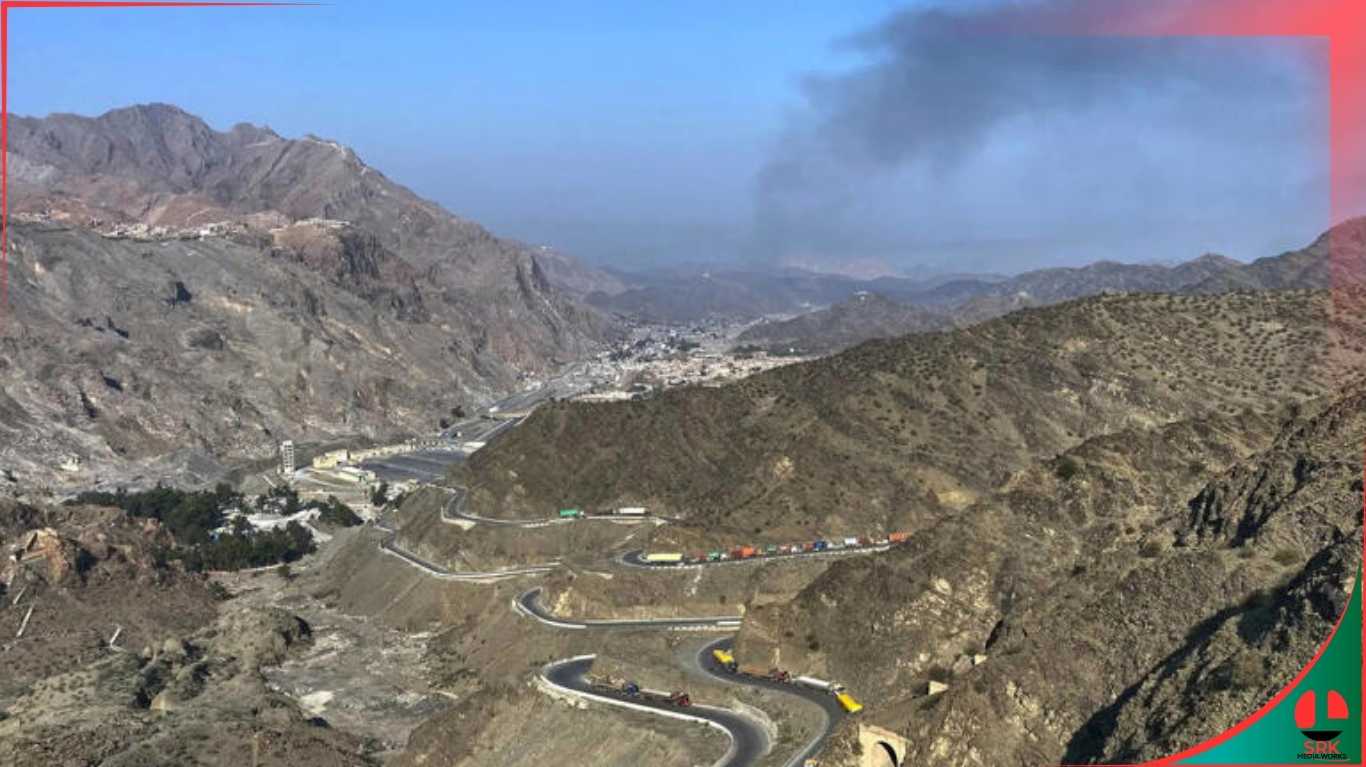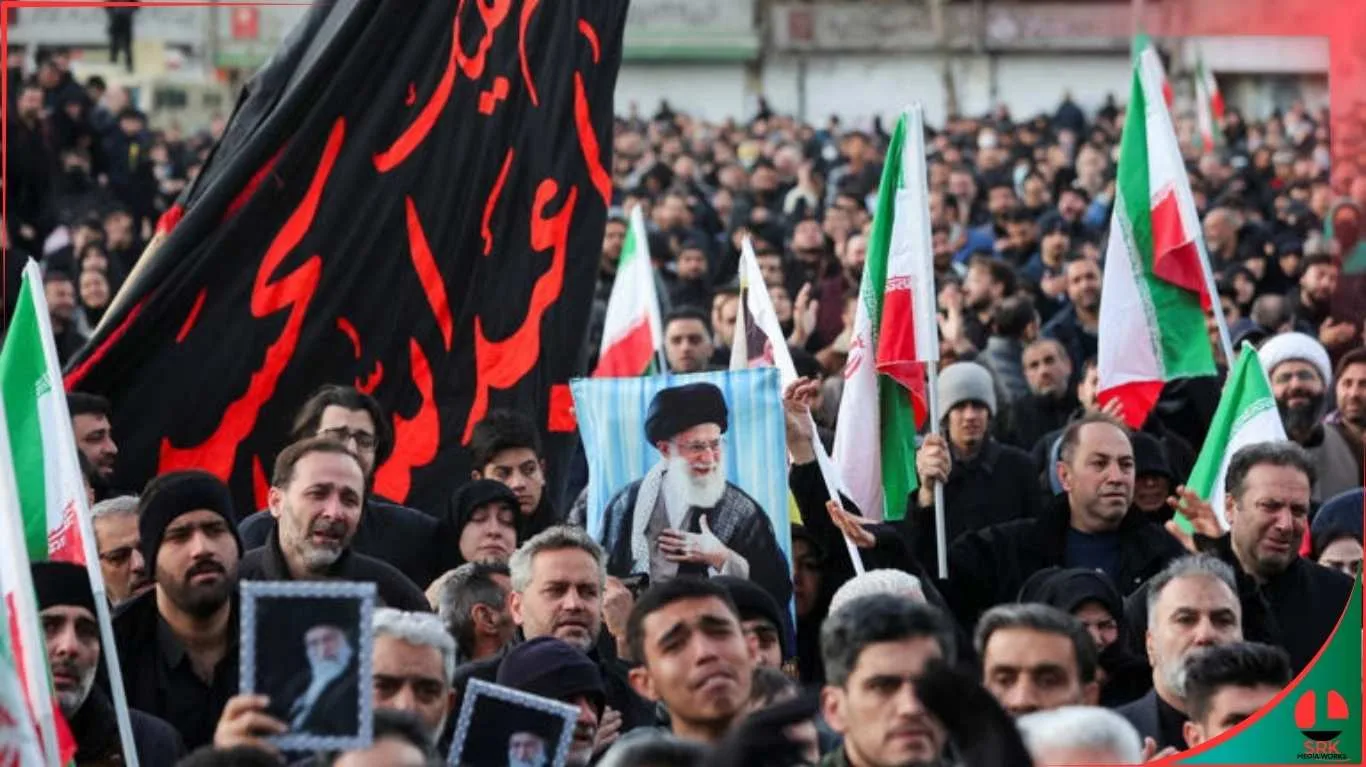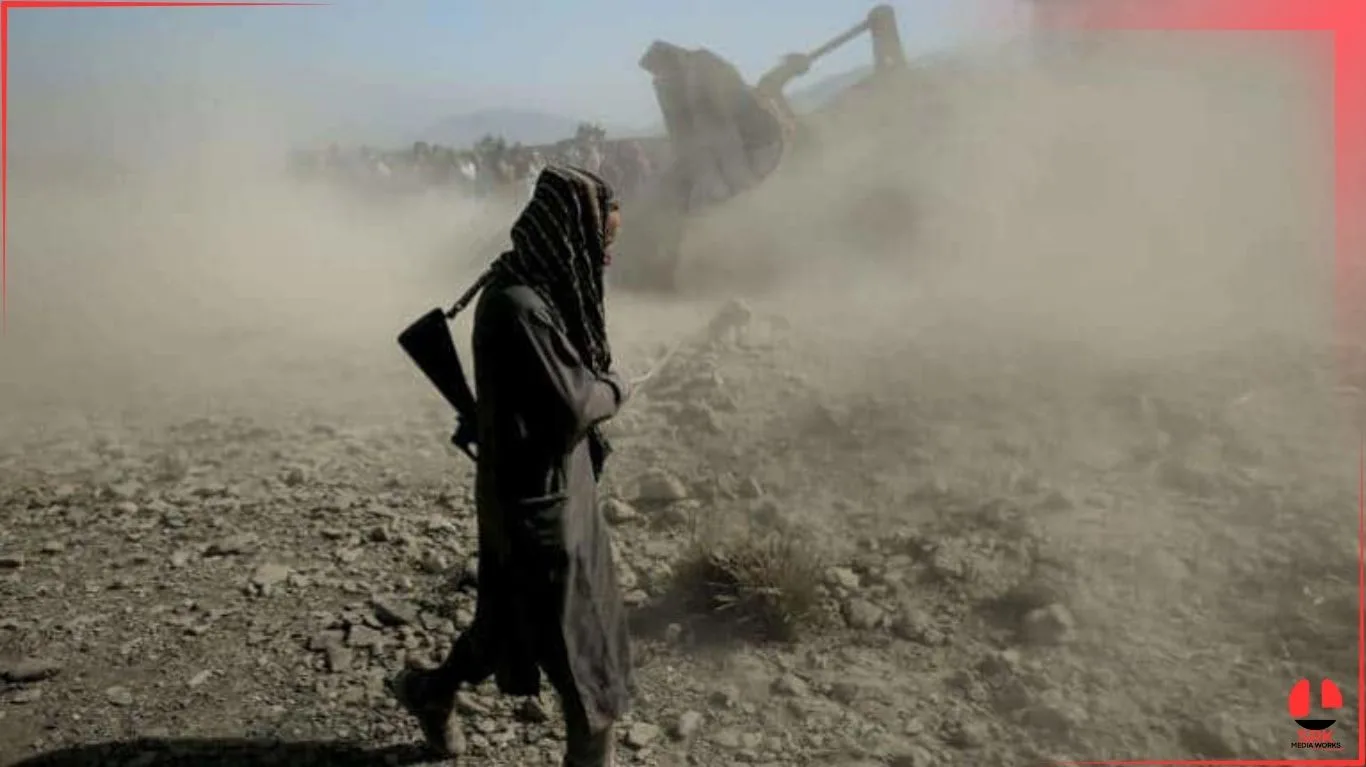The China-Pakistan Economic Corridor (CPEC), a flagship project under China’s Belt and Road Initiative (BRI), is facing mounting challenges as delays, financial strain, and security concerns threaten its future. Once hailed as a game-changer for Pakistan’s economy, the $50 billion infrastructure project is now struggling to meet its ambitious goals.
Debt and Financial Struggles
Pakistan’s economic crisis has significantly impacted CPEC’s progress. Reports indicate that Pakistan owes China billions in loan repayments, raising concerns about a potential debt trap. The financial burden has led to stalled projects, with several key infrastructure developments facing indefinite delays.
Security Concerns
The security situation surrounding CPEC remains volatile. Attacks on Chinese workers and infrastructure have raised alarms, prompting China to demand stronger security measures from Pakistan. The Gwadar Port, a critical component of CPEC, has faced disruptions due to local protests and militant threats.
China’s Response
Despite these setbacks, China continues to defend CPEC, dismissing claims that the project is in crisis. Chinese officials assert that CPEC remains a vital part of BRI, emphasizing ongoing cooperation with Pakistan to overcome financial and security hurdles.
Future Outlook
Experts believe that unless Pakistan stabilizes its economy and strengthens security measures, CPEC’s long-term viability could be at risk. The project’s success depends on political stability, policy continuity, and effective debt management.











